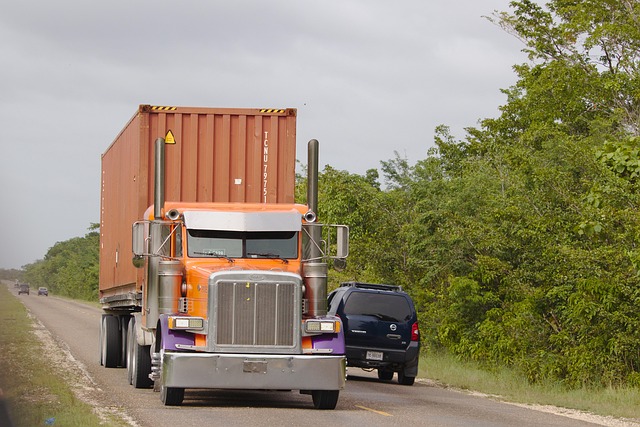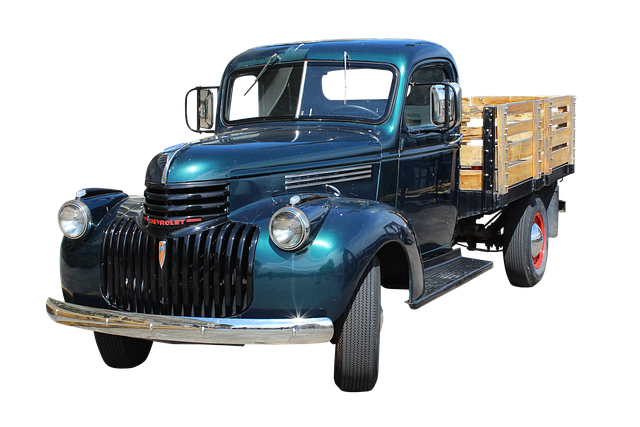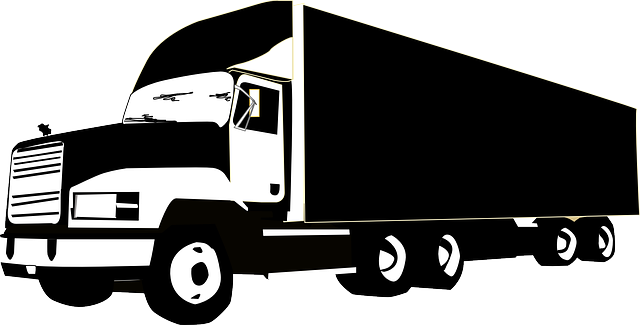Starting a trucking business faces unique risks, but accessible trucking insurance for new businesses can help mitigate them. Entrepreneurs should prioritize startup trucking coverage with comprehensive liability insurance, cargo coverage, and physical damage insurance. Affordable new fleet insurance options cater to small businesses, balancing cost-effectiveness with adequate protection. Strategic insurer selection and industry networks enable access to competitive rates for trucking insurance, ensuring long-term success while managing cash flow.
Introducing our comprehensive guide to claims management tailored for trucking startups. In this article, we explore the unique challenges faced by new entrants in the trucking industry, focusing on crucial aspects of insurance. From understanding the specific needs of trucking startups to navigating insurance options and securing affordable coverage, we provide valuable insights. Discover key coverage areas like liability and cargo protection, as well as strategies for obtaining physical damage insurance. Whether you’re a small business owner or fleet manager, these tips will empower you to make informed decisions.
Understanding the Unique Needs of Trucking Startups

Starting a trucking business can be a thrilling yet complex venture, presenting unique challenges when it comes to claims management and insurance. New businesses in this sector require tailored solutions that address their specific risks and needs, often with an eye on cost-effectiveness. Unlike established fleets, startups face distinct hurdles, such as managing unpredictable loss patterns and securing competitive rates for trucking insurance.
They need startup trucking coverage that offers comprehensive protection, including liability insurance, cargo coverage, and physical damage insurance. This ensures that unexpected incidents, like accidents or cargo damage, are manageable without posing significant financial strain. Affordable new fleet insurance options catering to small businesses can help these startups mitigate risks while keeping overhead costs low, allowing them to focus on growth and expansion.
Navigating Trucking Insurance Options for New Businesses

When starting a trucking business, one of the most critical decisions new entrepreneurs face is choosing the right insurance options. With various types of trucking insurance available, understanding what’s suitable for your fleet can be challenging. New businesses should aim to balance comprehensive coverage with cost-effectiveness, especially as they’re establishing their operations and managing cash flow. Affordable trucking insurance doesn’t always mean skimping on quality; it often involves tailored policies that cater to the unique needs of startups.
Liability insurance is a cornerstone for any new fleet, protecting against potential claims related to accidents or damage. Cargo coverage is equally important, ensuring that valuable goods are secured against loss or damage during transit. Physical damage insurance can safeguard your vehicles from perils like accidents, natural disasters, and vandalism. For small businesses with limited resources, exploring options for bundled insurance policies and discounts offered by insurance providers could make a significant difference in keeping startup costs low while maintaining adequate coverage.
Key Coverage Areas for Fleet Owners: Liability and Cargo

For trucking startups, securing adequate insurance is non-negotiable. Key coverage areas for fleet owners encompass both liability and cargo protection. Liability insurance safeguards against claims arising from accidents involving trucks or their cargo, offering financial security against legal costs and damages. This is particularly crucial as new businesses are often held to higher standards in terms of safety and accountability.
Cargo coverage protects startups against the financial loss incurred by damage, theft, or loss of goods during transit. Physical damage insurance, a component of cargo coverage, ensures that vehicles themselves are protected from accidents, natural disasters, or other unforeseen events. By understanding and prioritizing these essential coverage areas, new fleet owners can mitigate risks and ensure their business’s longevity in the competitive trucking industry, accessing affordable trucking insurance tailored to meet their specific needs.
Strategies for Securing Affordable Physical Damage Insurance

Securing adequate and affordable physical damage insurance is a key strategic move for trucking startups aiming to mitigate risks and protect their investments. New businesses in this sector often face challenges finding suitable coverage options that align with their budget constraints. A successful approach involves exploring niche insurers specializing in trucking, as they can offer tailored policies at competitive rates. These carriers understand the unique nature of trucking operations, including the high-value cargo and specialized vehicles, enabling them to provide customized liability insurance for startups.
Additionally, leveraging industry networks and partnerships can prove beneficial. Joining trucking associations or consortia provides access to collective bargaining power, allowing startups to negotiate better terms and rates. Many insurers offer discounted packages for bundled services like fleet management and safety training, which new businesses can take advantage of. By combining strategic insurer selection with efficient risk management practices, trucking startups can secure robust physical damage insurance while maintaining financial flexibility.
For trucking startups navigating the complex world of insurance, understanding tailored solutions is key. By addressing specific needs like liability and cargo coverage, along with exploring affordable options for physical damage insurance, new fleet owners can secure comprehensive protection at a reasonable cost. This strategic approach enables startups to focus on growth and success while ensuring they’re shielded from potential risks. With the right trucking insurance in place, these businesses can hit the road with confidence.
